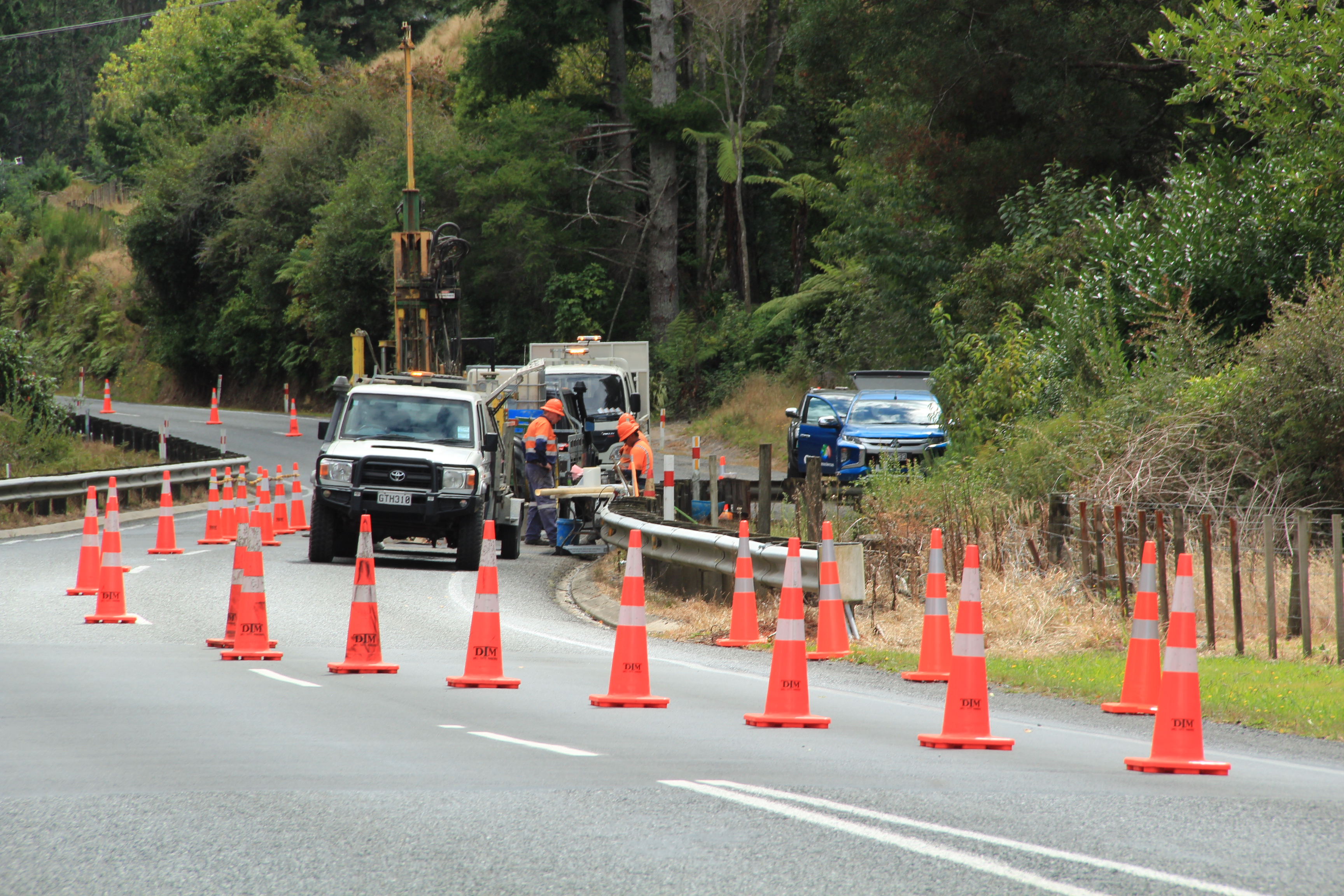Are the ways that corporations report their carbon footprints reliable? According to Professor Milne, there are flaws in the way that many organisations communicate their environmental impacts. In Professor Cameron Graham’s York University podcast, he uses an example from Air New Zealand’s annual reports to illustrate how corporations report environmental impacts. Often efficiency improvements are emphasised and reported instead of absolute impacts.
Early on, the company emphasised per passenger per kilometre improvements, but did not disclose its total carbon emissions. Since there are no mandatory reporting requirements for such matters, companies have the discretion to report what they like. A reader needs to carefully scrutinise what is reported and how. Often one does not get the whole picture or gets one that has been favourably framed in the organisation’s image. By comparison, such discretion is simply not possible when reporting the financial results of an organisation.
Professor Milne also discussed his postgraduate course Business and Sustainability at the Te Whare Wānanga o Waitaha | University of Canterbury. In it, students visit the wilderness to spend a night in a cabin in New Zealand bushland. The experience is paired with discussion about environmental responsibility and focus on creating an awareness of the connection between the self and the environment. He says that the experience has a profound impact on students, with some speaking of it years after completion of the course.
The focus of Professor Milne’s research is to attempt to get organisations to be transparent and accountable for their negative impacts on both the environment and society, and by doing so reduce them. He tells Professor Graham that while he is very passionate about what he does, he is becoming increasingly cynical about the ability of corporations to change. He says
Early on, I was hopeful that if firms would be more honest about their social and environmental effects, and had to make them public, that would put some kind of moral pressure on the managers to behave, and try and change the way in which they operate. I'm increasingly cynical about the prospects for that sort of change.
To hear the full interview, visit the Podcast or Perish website.
The series can also be found on Apple Podcasts or Spotify.



.jpg)






